Birds get new wings at Brazil rehab center
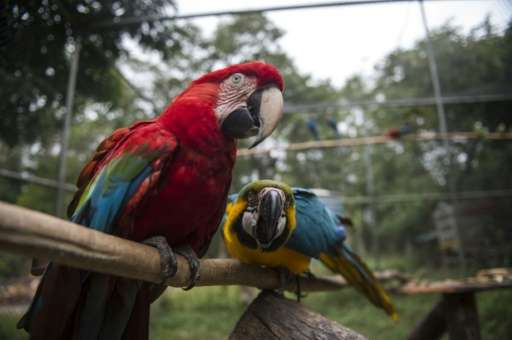
Not a single wing flutters in the Seropedica aviary near Rio de Janeiro, where aras and others parrots are learning how to fly again after they were rescued from traffickers.
Nearby, monkeys, turtles, boas and even alligators are also being nursed back to health at the IBAMA treatment center, just a 90-minute drive from Rio.
The state-funded entity takes care of wild animals that were hunted, wounded or domesticated, getting them back in shape so they can return to their natural habitat.
Some parrots bear the marks of maltreatment, while others say "Ola" (hello) repeatedly—a sign they were domesticated.
In order to strengthen bird wings atrophied from years spent in a cage, veterinarian Taciana Sherlock exercises the animals by placing them on her arm and then shaking it up and down.
The majestic blue and yellow ara she is training strains to spread its wings. Some of its feathers were clipped during captivity to limit its mobility, and it doesn't seem ready to take off on its own just yet.
The birds are also encouraged to take flight using two perches set at a distance from one another, with food on either side.
"This is a flight school! We train them so they can be ready to live in the wild. We also have to train them to identify predators and find food," the veterinarian explained.
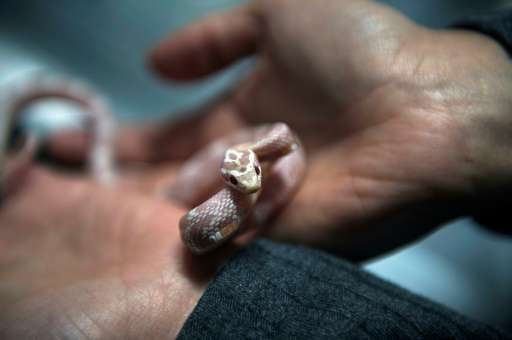
Clipping wings
Little by little, the IBAMA team—which hosts some 7,000 animals per year—spaces out contact with the birds until they are no longer used to humans.
They are then freed in their native habitat, often a forest in another state such as Amazonia.
"What they've endured is really cruel, and it's horrible to see them arrive in such a bad state. But the reward is to see them ready to return to the wild. Last week, we freed 20 aras and toucans who could fly in Goias," a central state, Sherlock exclaimed.
Sales of wild animals are banned, but the practice is widespread in Brazil, especially in Rio, home to the world's biggest urban forest. Species native to this region still live nearby, and sometimes in the city itself.
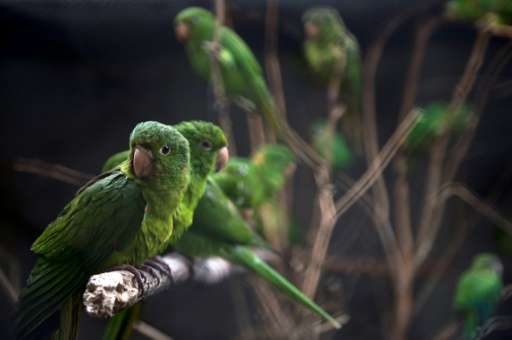
Toucans, snakes and monkeys are a common sight at certain markets.
IBAMA estimates that around 38 million animals are caught in the wild each year. Four million of them are sold, in an industry worth some $2.57 billion.
Small birds generate the most revenue, especially song birds. Having a caged bird is a very common practice in Rio's working class neighborhoods, and clandestine bird song competitions are routine.
In order to facilitate sales for domestic uses, some traffickers are quick to clip part of the birds' wings, or break some of their bones. The suffering paralyzes the birds, which makes them seem more domesticated.
Environmental police brought more than 300 small birds to the rehabilitation center in mid-July.
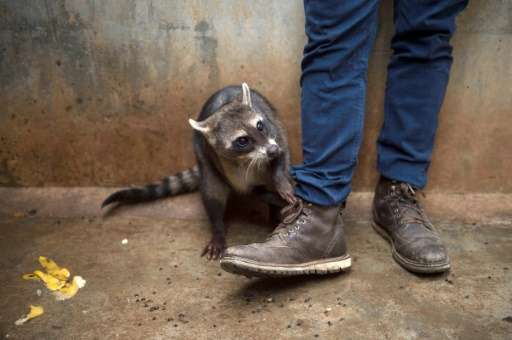
Roched Seba, founder of the Vida Libre institute, an IBAMA partner, pointed to dozens of small cages on the ground.
"Sometimes three of these birds are kept in each mini-compartment, so of course some don't even survive transportation from the forest to the city," said Seba, 31.
Learn to fly
"In Brazil, we have the most biodiversity in the world, but people don't know animals and want to domesticate wild species. We need to change minds with better information."
Seba works frequently with Sherlock and almost always brings an animal found in Rio each time he comes to the center in Seropedica.
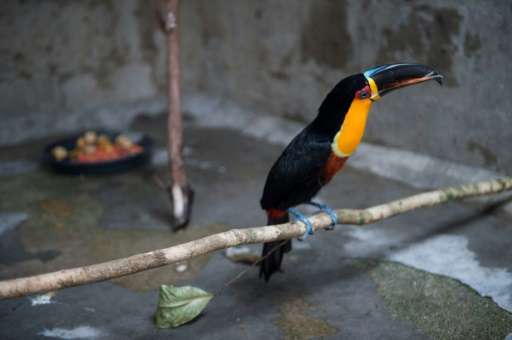
But some animals will never be able to safely live outside of captivity again. They have been domesticated to such an extent that they would desperately seek human contact if released, only to be captured once more.
During AFP's visit to the center, a raccoon was dropped off after he was found in a favela. The animal, probably native to Rio's tropical forest, was scared, wounded and practically blind.
It will never be able to return to the wild, Seba acknowledged.
A small bird with green plumage followed the veterinarians everywhere.
"It learned how to fly again here. It's free to go but it stays with us all the time, so it's become our mascot," Seba said.
-
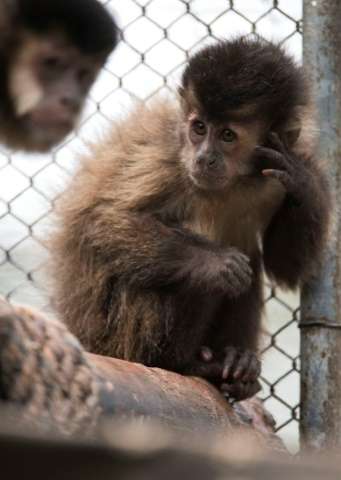
The Brazilian Institute of Environment and Renewable Natural Resources estimate IBAMA estimates that around 38 million animals are caught in the wild each year. Four million of them are sold, in an industry worth some $2.57 billion. -
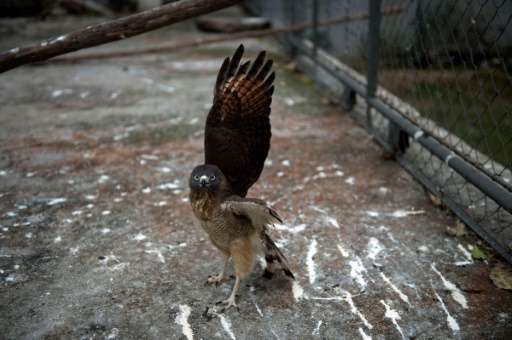
Sales of wild animals are banned, but the practice is widespread in Brazil. Toucans, snakes and monkeys are a common sight at certain markets.
© 2017 AFP




















